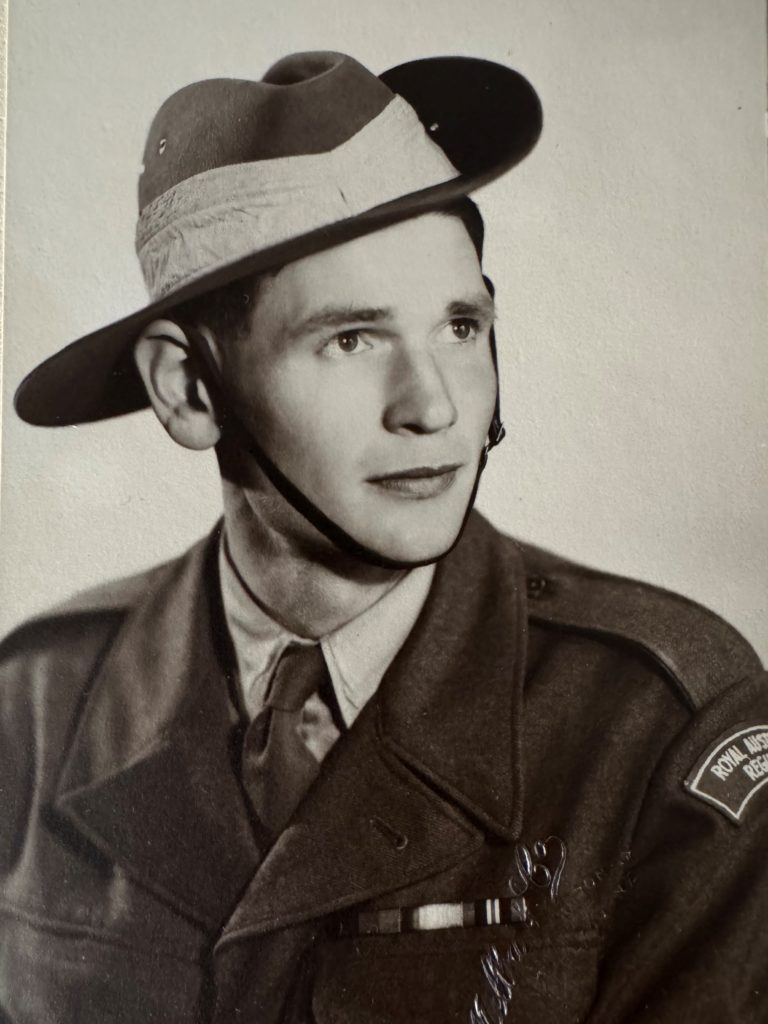
A Man of War is a most miserable place,”
so says 14 year-old sailor James Harding from St George, in 1810, as if we didn’t know from numerous films and TV.
In the later years of the long war against Napoleon, the Rev William Day’s parishioners came to him for help in deciphering letters they had received or to discover what had become of their sons, husbands or brothers, who were serving in the Army or Royal Navy. The Government did not automatically notify the next of kin of the deaths of servicemen, thus if they were not informed by a mate of the deceased, the anxious relatives had to make such enquiries themselves or find someone who could act for them. The Rev Day took up their cases, receiving terse responses from the authorities: either “alive at the last return”, (which was already out of date) or “dead”, the news imparted without sympathy or regret. This bureaucratic correspondence compares unfavourably with the humanity of the soldier, Sergeant Thomas Clark, who wrote to the parents of John Bennett and John Guy, both killed at Salamanca or the seaman John Vinor, whose tender-hearted letter imparted the sad news of the natural death of James Hungerford. These two men at least were not the ruffians of popular myth. Mr Day’s enquiries date from 1810 when his incumbency at St Philip & St Jacob’s began, though a letter produced by an applicant could date from much earlier. Fanny Raymond’s letter from her sailor brother John, is dated 1803. He advises her about the perils lying in wait for a young girl at St James’ Fair in fairly intimate terms. Perhaps Fanny and the vicar both blushed. Alas by the time the final word, typically brief, was received, a decade had passed……..
“Not any returns for HMS Prisoners of War Buenos Ayres has been received at this office. No information regarding the above man…..”
……. In which case, poor John, supposing that, against all odds, he was still alive, had been a prisoner of war for seven years.
As well as South America, we follow the men, including the odd scallywag or deserter, to all corners of the World where the flag was raised, the Isles of Greece, Sicily, the Indian sub-Continent, Mauritius, the West Indies, the Netherlands, the Baltic, as well as, of course, Wellington’s Army in the Peninsula whence we receive war news in all its bald horror:
“……… We went in the field 800 on the 22nd July about 7 o’clock in the evening and on the morrow we was only 90 Privates and Sergeants standing. Our loss is kild and wounded, 1 Lt Col kild, 1 Major, kild, 4 Captains kild, 2 Lieutenants kild and 14 other officers wounded. You may judge our loss must be severe when the officers suffered so much.”
To read the letters click this link.









Leave a Comment